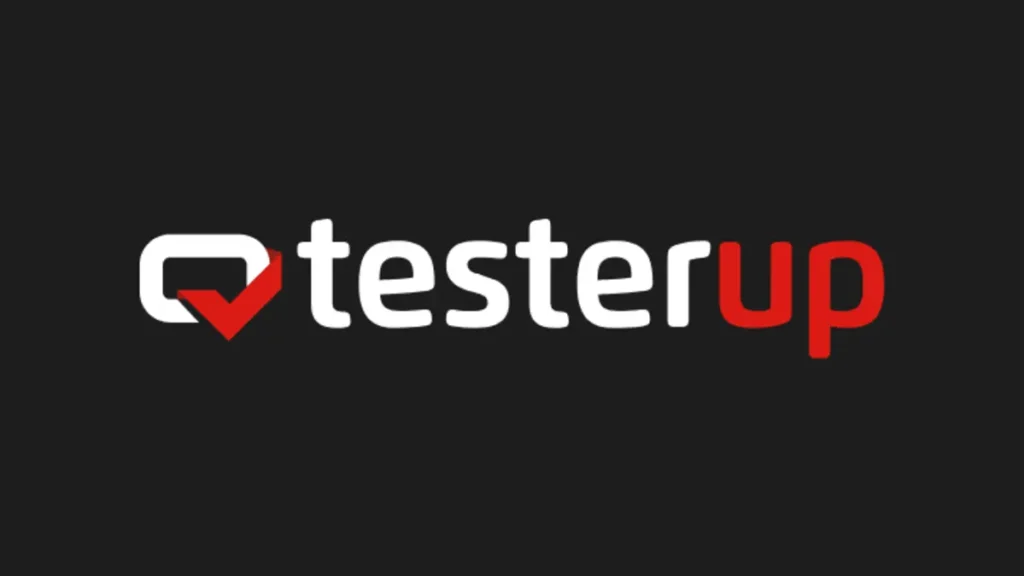What is Testerup?
testerup reviews is a cloud-based testing platform designed to help businesses streamline their testing processes and ensure efficient and effective quality assurance. Founded in 2018, Testerup has quickly gained popularity among companies of all sizes, offering a comprehensive suite of testing tools and services. In this article, we’ll delve into testerup reviews features, benefits, and limitations, providing an unbiased analysis of its capabilities.
Core Features and Functionality
testerup reviews offers a wide range of features that cater to diverse testing needs. Some of its core features include:
Test Case Management
Testerup’s test case management system allows users to easily create, organize, and execute test cases. The platform supports various testing methodologies, including Agile, Scrum, and Waterfall. Users can create custom test cases, reuse existing ones, and track their execution history.
Test Automation
testerup reviews test automation feature enables users to automate repetitive testing tasks, reducing manual testing time and effort. The platform supports various automation frameworks, including Selenium, Appium, and Cypress. Users can create custom automation scripts, integrate with CI/CD pipelines, and execute tests in parallel.
Defect Management
Testerup’s defect management system allows users to identify, track, and resolve defects efficiently. The platform provides customizable workflows, enabling teams to define defect resolution processes. Users can assign defects to team members, track progress, and generate detailed reports.
Integration and API
Testerup offers seamless integration with popular development tools, including JIRA, Trello, and GitHub. The platform provides a REST API, enabling users to integrate Testerup with their custom applications and services.
Reporting and Analytics
Testerup’s reporting and analytics features provide real-time insights into testing activities. Users can generate detailed reports, track testing progress, and identify areas for improvement.
Security and Compliance
testerup reviews prioritizes security and compliance, offering enterprise-grade security features, including data encryption, access controls, and audit logs. The platform complies with major industry standards, including HIPAA, GDPR, and SOC 2.
Benefits and Advantages
Testerup offers numerous benefits that make it a popular choice among testing teams. Some of its key advantages include:
Scalability
Testerup’s cloud-based infrastructure ensures scalability, allowing businesses to grow their testing capabilities as needed. The platform can handle large volumes of test data, making it an ideal choice for enterprises.
Flexibility
Testerup’s flexible testing framework supports various testing methodologies and automation frameworks. This flexibility enables teams to adapt the platform to their unique testing needs.
Collaboration
Testerup’s real-time collaboration features enable teams to work together seamlessly. The platform provides customizable workflows, allowing the teams to define their testing processes.
Cost-Effective
testerup reviews pricing model is based on the number of users, making it a cost-effective solution for businesses of all sizes.
Rapid Deployment
Testerup’s cloud-based infrastructure enables rapid deployment, allowing teams to start testing quickly.
Limitations and Drawbacks
While Testerup offers numerous benefits, it’s essential to consider its limitations and drawbacks. Some of the critical limitations include:
Steep Learning Curve
Testerup’s comprehensive feature set can be overwhelming for new users. The platform requires significant training and onboarding, which can be time-consuming.
Limited Customization
While Testerup offers some customization options, users may need help tailoring the platform to their specific needs.
Dependence on Internet Connectivity
As a cloud-based platform, testerup reviews requires stable internet connectivity, which can concern teams working in areas with poor connectivity.
Limited Support for Legacy Systems
Testerup’s modern architecture may differ from legacy systems, which can be challenging for teams working with older technologies.
Real-World Examples and Case Studies
Several businesses have successfully implemented Testerup to streamline their testing processes. Here are a few examples:
Case Study 1: E-commerce Company
A leading e-commerce company adopted testerup reviews to improve its testing efficiency. By automating repetitive testing tasks, they reduced their testing time by 40% and increased their test coverage by 30%.
Case Study 2: Software Development Firm
A software development firm used Testerup to streamline their test case management. They created custom test cases, reused existing ones, and tracked their execution history. This resulted in a 25% reduction in testing time and a 20% increase in test coverage.
Case Study 3: Financial Institution
A financial institution implemented testerup reviews to enhance its security testing. They used testerup reviews automation features to identify and resolve vulnerabilities, resulting in a 50% reduction in security incidents.
Comparison with Other Testing Platforms
Testerup competes with other popular testing platforms, including TestRail, PractiTest, and TestLink. While each platform has its strengths and weaknesses, Testerup stands out for its comprehensive feature set
Community Forum
Testerup’s community forum allows users to connect, share knowledge, and ask questions. It’s a valuable resource for teams to learn from each other’s experiences and best practices.
Conclusion
testerup reviews is a robust testing platform that offers a comprehensive suite of features and tools. Its scalability, flexibility, and cost-effectiveness make it an ideal choice for businesses of all sizes while it has some li.


